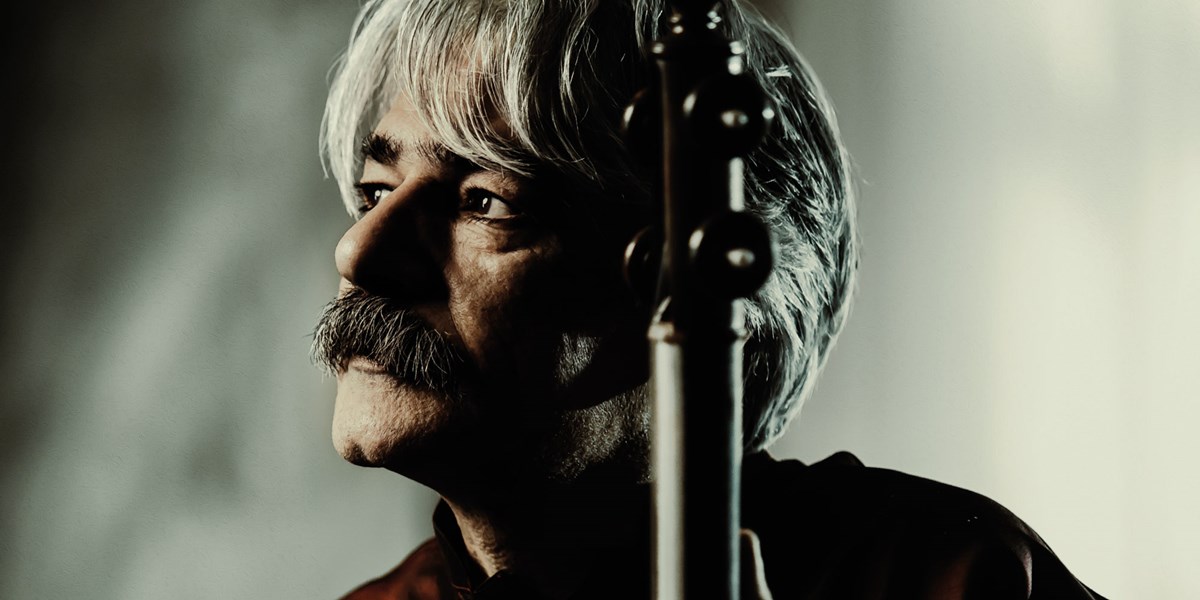Tuesday, November 5, 2019
Kayhan Kalhor: “We have to make politicians see what we see as artists”
Kayhan Kalhor, a master of the Iranian kamancheh, speaks to Nigel Williamson about his various collaborations and why he has always played simply for the enjoyment of making music

Kayhan Kalhor (photo: Lawan Hosseini)

Register now to continue reading

Thanks for visiting the Songlines website, your guide to an extraordinary world of music and culture. Sign up for a free account now to enjoy:
- Free access to 2 subscriber-only articles and album reviews every month
- Unlimited access to our news and awards pages
- Our regular email newsletters

